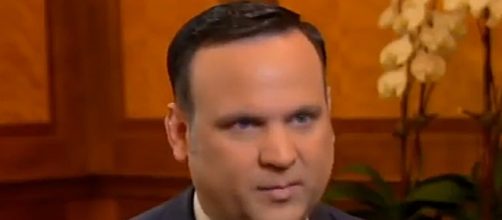The White House director of social media and assistant to the President, Dan Scavino, is now facing a lot of criticism and possible legal action after having posted a tweet that seemingly broke the law. Scavino, who was appointed to the position by President Donald Trump in December last year, chastised a Republican Congressman on the social media platform.
Online beating
Last month, Scavino posted a seemingly common tweet where he called House Republican Justin Amash a "big liability" and challenged him to defeat Trump in a primary vote. This was preceded by a proclamation that Trump had managed to bring back automotive manufacturing plants in Michigan, which also essentially brought back jobs to the state.
.@realDonaldTrump is bringing auto plants & jobs back to Michigan. @justinamash is a big liability.#TrumpTrain, defeat him in primary.
— Dan Scavino Jr. (@DanScavino) April 1, 2017
Breaking the law
While the tweet itself may be unexceptional when compared to Scavino's other online posts, several observers have pointed out that he may have crossed the line on this one. According to the watchdog group Citizens for Responsibility and Ethics, who filed a formal complaint with the White House Office of Special Counsel, Scavino may have actually violated the Hatch Act of 1939.
The Hatch Act of 1939, or otherwise known as the Act to Prevent Pernicious Political Activities, bars any employee in the executive branch of the federal government from using their position for political activity, which includes campaigning.
The law, which was named after Senator Carl Hatch of New Mexico, does not apply to the president, vice-president, and specific high-level officials within the executive branch. Scavino's position, unfortunately, does not exempt him from this particular law.
Blurred lines
Given that the law was enacted before the rise of social media and the internet, there is some question regarding its application in the digital realm.
The tweet itself was sent from Scavino's personal Twitter account, which means that it may not have been sent in any official capacity. The Hatch Act of 1939 does not explicitly cover this type of situation and will likely need to be revised to cover social media posts from employees' accounts.
However, the Special Counsel’s Chief of the Hatch Act insisted that the post itself was a violation of the law.
For now, they have sent a warning letter to Scavino. Any other posts moving forward that involve the same behavior will be taken as a willful and knowing violation of the law and will no longer be tolerated. Reuters cited Politico as the first to report on the contents of the June 5 letter.


